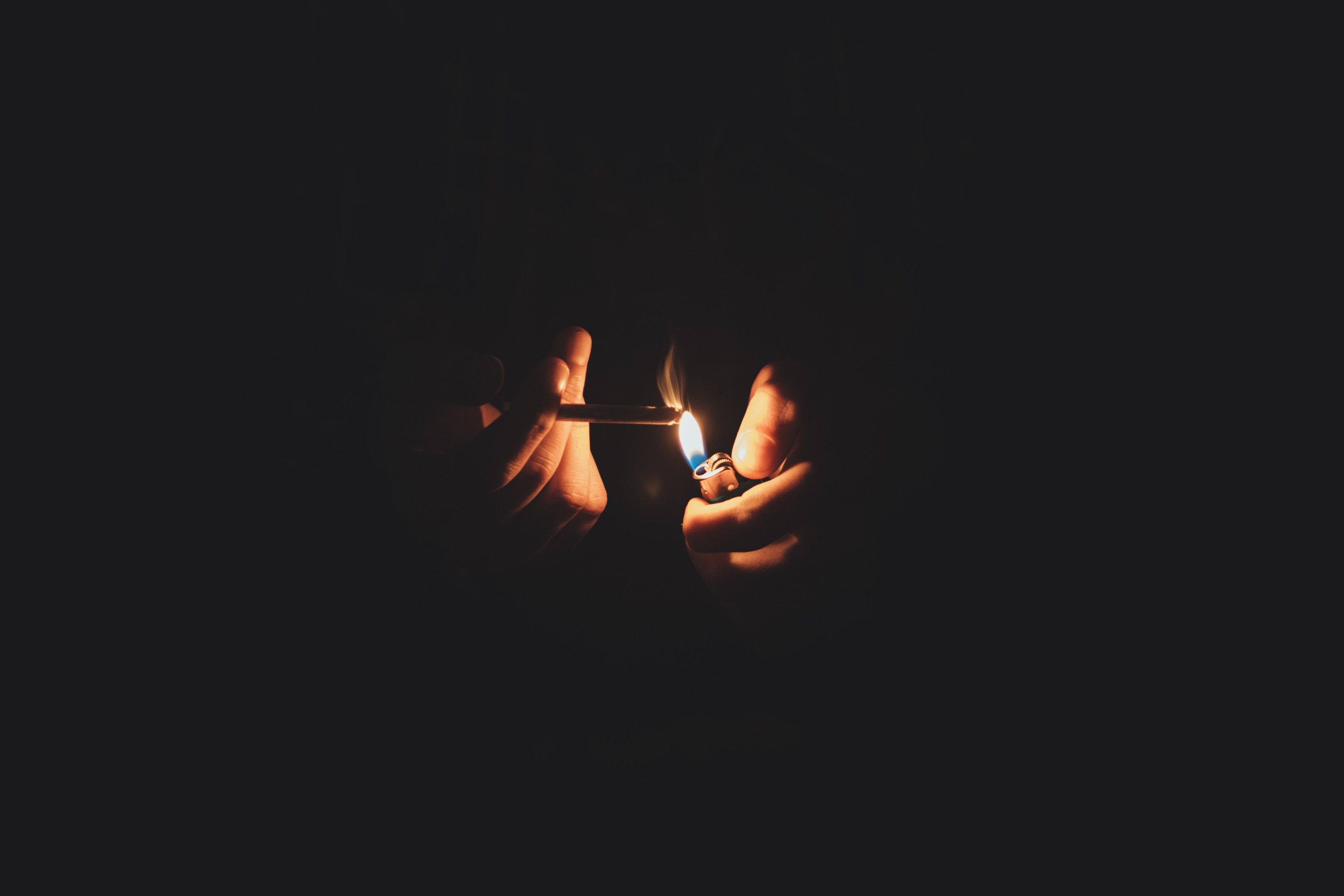Warwick researchers find link between cannabis use and bipolar symptoms in adolescents
The relationship between cannabis use and psychiatric conditions such as bipolar disorder has been speculated in various studies over time. However, there has been no clear link discovered between use of cannabis and development of symptoms associated with bipolar disease, until now.
A team of researchers, led by Dr Marwaha, from Warwick Medical School have established a connection between cannabis use in adolescents and development of hypomania. Hypomania is a mood state characterised by episodes of persistent elated mood, overactive and excited behaviour, as well as a reduced need for sleep; it is often experienced as part of bipolar disorder and has a significant impact on daily life.
A team of researchers, led by Dr Marwaha, from Warwick Medical School have discovered a link between cannabis use in adolescents and development of hypomania…
The paper Cannabis Use and Hypomania in Young People: A Prospective Analysis, published in November – which can be found in Schizophrenia Bulletin – marks the first endeavour into testing a prospective association between adolescent cannabis use and hypomania in early adulthood. In a review by Leweke and Koethe it was revealed that cannabis is the most commonly abused drug amongst those diagnosed with bipolar disorder, and is able to worsen symptoms of the illness. However, the role in cannabis causing bipolar disorder has not been well documented, so this study could be a step closer to unlocking the pathways underlying the relationship that has been observed in many different studies.
Dr Marwaha’s team analysed data from thousands of individuals in the Avon Longitudinal Study of Parents and Children (a cohort study) and examined the link between the use of cannabis at the age of 17 and the development of hypomania at ages 22 to 23.
The role in cannabis causing bipolar disorder is not well documented…
The main findings of the study were that cannabis use by teenagers at least two to three times weekly is directly and independently associated with suffering from symptoms of hypomania in later years. Cannabis use was also found to mediate the association of childhood sexual abuse and hypomania. A dose-response relationship was also observed, meaning that any cannabis (even less than twice a week) increased the risk of developing the same symptoms years on, but weekly use is more strongly associated with the development of symptoms than “any [other] use”.
The study adjusted for gender and known risk factors such as other drug use (including alcohol) and depression and psychosis at 18 years old; in order to remove any confounding results, ensuring the only factor affecting the results was the use of cannabis, to the best of their knowledge.
Cannabis use by teenagers at least 2-3 times weekly is directly and independently associated with suffering from symptoms of hypomania in later years…
However as disclosed in the study, there are some limitations: the link discovered between cannabis use and hypomania must be taken cautiously as there may be other causes such as pre-existing psychopathology which could link cannabis use and hypomania that were not accounted for. This would mean the results are not only due to cannabis use, and so are not as valid. Despite this, the finding that adolescent cannabis use is an independent risk factor stands.
In a comment, Dr Marwaha stated “Adolescent cannabis use may be an independent risk factor for future hypomania, and the nature of the association suggests a potential causal link”. This means that preventing cannabis use in teenagers may be a great target for preventing development of hypomania and possibly bipolar disorder in early adulthood.
However as disclosed in the study, there are some limitations…
Around one in six people suffering from bipolar disorder end their life by suicide, meaning it is imperative to treat people suffering from the illness. However, the mental health services in the NHS have a lot of burden on them already. So, to allow current sufferers to get the best treatment, the solution is to prevent people from initially developing bipolar disorder – and this study may have found the key to doing just that.

Comments